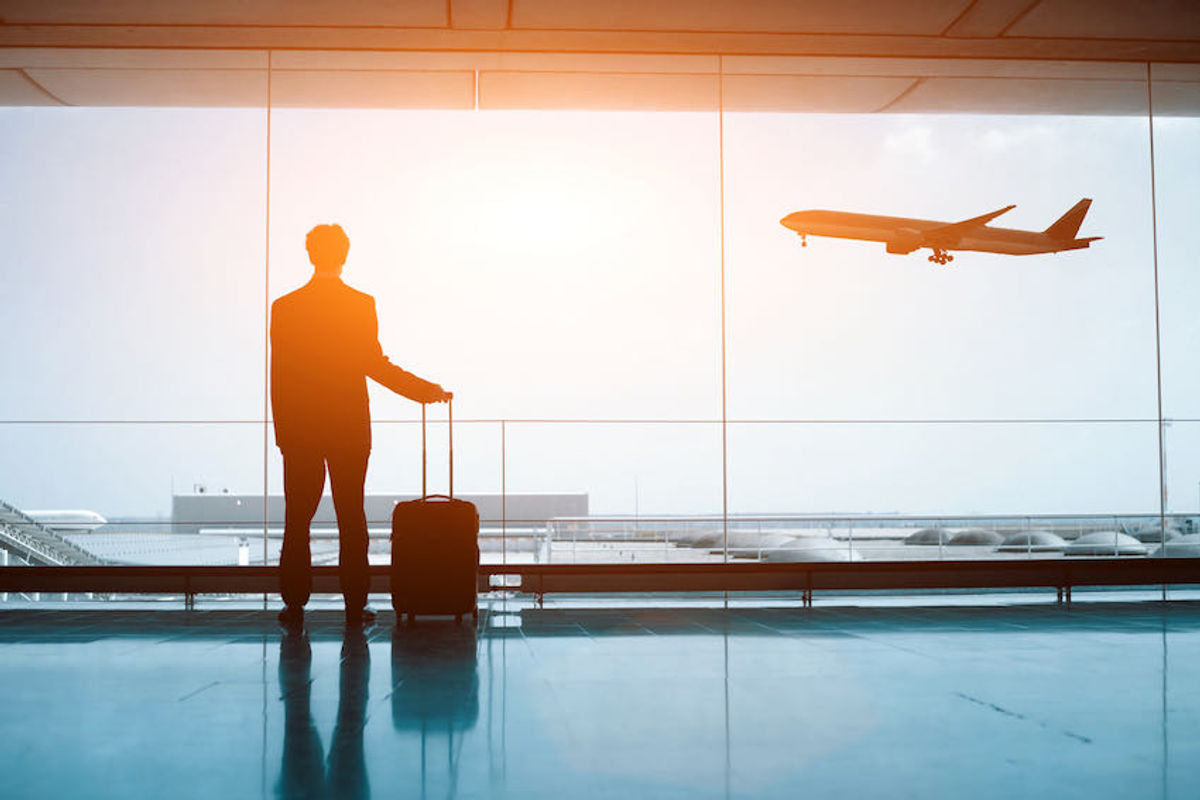UK government announces increase to Air Passenger Duty

The UK’s new Labour government has announced increases to Air
Passenger Duty which will rise by no more than £2 for an economy class
short-haul flight, but will jump 50 per cent for flights on private jets.
In its first Budget since coming into power in July, the
government said that APD “has not kept up with inflation in recent years”. Chancellor
Rachel Reeves said this would mean “an increase of no more than £2 for an
economy class short-haul flight.”
She continued: “But I am taking a different approach when it
comes to private jets, increasing the rate of air passenger duty by a further
50 per cent.”
The changes will take effect on 1 April 2026, with increases to APD in 2025 already put in place by the previous Conservative government.
Air Passenger Duty is charged across four bands – based on
the distance flown – and at three rates: ‘reduced’ for economy travel, ‘standard’
for travel in premium classes, and ‘higher’ for private jets.
The new APD rates, which will apply from 2026, are shown below.
Currently, the reduced rate for economy travel or seats with a pitch
of less than 40 inches, is charged at £7 on domestic flights, £13 on
flights up 2,000 miles, £88 on flights of 2,001 to 5,500 miles, and £92 on
flights of more than 5,500 miles.
For premium travel, or seats with more than a 40-inch pitch,
the standard rates are currently £14, £26, £194 and £202 respectively.
The higher rate, applied primarily to flights on private
jets, is currently charged at £78 for domestic flights and those of less than
2,000 miles, £581 on flights of between 2,001 and 5,500 miles, and £607 on
flights of more than 5,500 miles.
In other Autumn Budget announcements, Reeves also confirmed
the government is committing funding to ensure HS2 – the high-speed rail line
that will connect London and Birmingham – will continue into central London and
terminate at London Euston station rather than at Old Oak Common, west of the
capital city. The government said it will also fund upgrades to the Trans-Pennine
railway connecting York, Leeds, Huddersfield and Manchester.
Reeves also announced an increase to the rate of National
Insurance paid by employers from 13.8 per cent to 15 per cent together with a drop
to the threshold at which it must be paid from £9,100 to £5,000.
Responding to today’s announcements, American Express Global
Business Travel’s vice president of public affairs, Martin Ferguson, said the rise in APD is “disappointing”.
“Though
it appears a modest increase at £2 per economy ticket, this remains a stealth
tax on travel until the Treasury ring fences the proceeds to fund sustainable
aviation initiatives,” said Ferguson.
“The UK has
its own Jet Zero targets and strategy. Ignoring SAF in the budget, in the face
of its own commitments, is both surprising and disheartening. Government
support is needed to scale SAF production and to fund R&D into new fuel
types and sources.”
Meanwhile, Julia
Lo Bue-Said, CEO of The Advantage Travel Partnership, said: “The
punishing tax measures announced today in the budget serve to strangle the very
enterprises that form the backbone of our economy.
“With tax hikes piling on top of existing pressures,
small business owners are being squeezed from every direction, leaving
them with impossible choices between survival and growth. The new tax rises
come on the back of a tough few years, adding more cost to businesses, when
many in our sector are still in recovery mode post-pandemic.”
Related
Brits forced to pay fee to visit these 30 countries…
UK tourists will be required to pay a fee to visit 30 countries in Europe under new European Union (EU) travel rules.The rules mean British holidaymakers will n
The beautiful European island with just 148 locals
Irakleia is a beautiful island in the Minor Cyclades of Greece, nestled in the heart of the Aegean Sea and just an hour away from Naxos. Officially recorded t
Warning issued for Brits flying easyJet and Ryanair to popular…
Passengers flying with Ryanair, easyJet and British Airways should expect disruption (Picture: Urbanandsport/NurPhoto via Getty Images) Passenge










